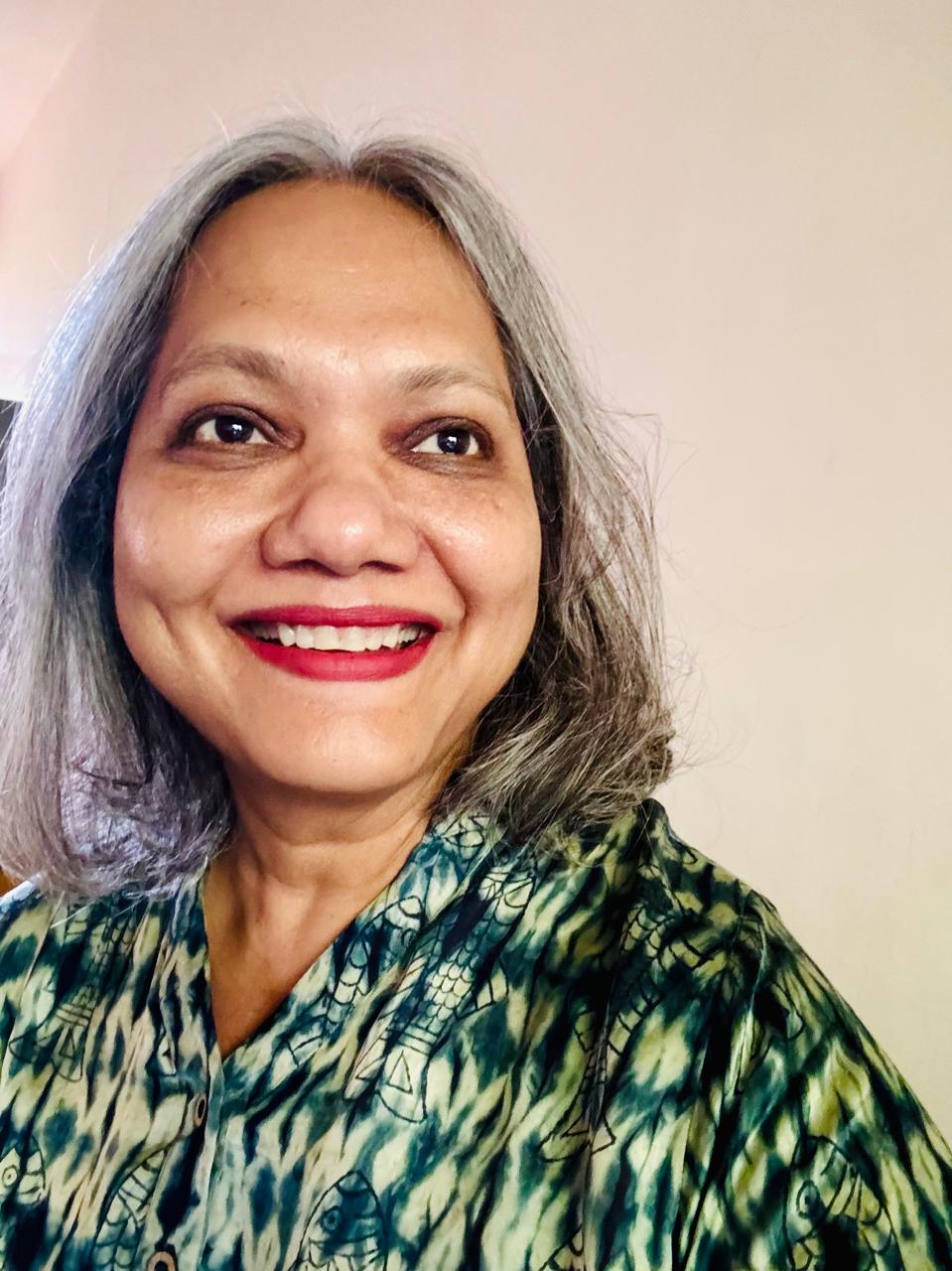Candidate for the position of Vice-President Asia and Oceania (without China) – first mandate as bureau member
Seema Khanwalkar

Seema Khanwalkar is a Professor(Adjunct) in Semiotics, Design Semiotics, Anthropology at the Faculty of Design, CEPT University, Ahmedabad India. She is also a Visiting Professor at the Indian Institute of Management (IIM) Ahmedabad, where she teaches Semiotics, Media and Brand Communications in the Post Graduate Program. She has published in the field of Semiotics, Indian theories of Meaning across peer-reviewed academic journals such as Semiotica, American Journal of Semiotics, Chinese journal of Semiotics, and has presented across forums like the World Congress of Semiotics, the Asian Congress of Semiotics. She has been a Plenary and Keynote speaker at three world congresses. She has also been a consultant to the Indian marketing and advertising industry for over two decades. She is the author of the book on ‘Applied Semiotics to the Indian Context’ published in 2023 where she explores a diverse range of areas such as Architecture, Design, Literature, Brands, Ecology, landscapes, digital worlds etc., that span her professional exposure in the last three decades. She is currently working on her second book titled, “Modernity in India through fifty design objects’ ‘ to be published in 2025. Her third book is also in the pipeline where she will explore the digital cultures and the impending revolution that will eventually take over the world but will need to be monitored and critiqued with caution. She has published a book chapter in the three-volume series on ‘Open Semiotics’ published by L’Armattan, Paris in 2023. She, along with Mattia Thibault from Tampere University, Finland, has proposed to edit a special issue in Semiotica on ‘Signs of Change Semiotics of Radical, Critical, and Speculative Design’ to be published in 2025. She held a unique online workshop on Semiotics of Design Education and Practice in October 2022 with participants from across the world bringing forth their perspectives on Design, and philosophy of design. Her strength is to be able to negotiate and understand different academic disciplines and apply her latent knowledge in the social sciences to teach and impart conceptual skills to students. She has guided over 100 dissertations in design, branding, architecture, cinema, and media studies. She is currently the Vice President of the Asian Association of Semiotic Studies based in Seoul, South Korea. She is also planning the next Asian Congress in Ahmedabad India in 2025 at CEPT University and Ahmedabad University
If elected as Vice President Asia and Oceania (without China) of the IASS Seema Khanwalkar would be committed to the following priorities
- Raising awareness for the IASS through increased activity in terms of publications, workshops, and conferences in Asia by encouraging focus on important issues that can be addressed semiotically, such as Democracy, Ecology, Human-nature interactions, Design, Architecture, Digital cultures, Urbanity amongst others, through online dialogues, working on educational courses for culture specificity in Asia, through conference themes, publications, etc.
- Raising the strength and profile of semiotics as a discipline especially in Asia and Oceania, by strengthening dialogues, collaborations, and critique, especially marking a digital presence with a view to bringing back theoretical and applied research and dialogue between institutions and the industry
- A focus on Early career researchers in Semiotics and its allied disciplines by facilitating workshops and seminars and inviting experts to motivate and inform
- Improving collaborations in Asian countries by encouraging the sharing of philosophical frameworks so as to strengthen the Asian paradigm and to understand the relevance of the same in the contemporary world, with a focus on important frameworks of policy-making in immediate urgencies such as environment, urban planning, design aesthetics, digital cultures, and Asia-specific concerns
- With the world moving to a digital economy, transitioning to the age of hyper-connectivity shifts towards human-machine interactions, there is an urgent need to co-create and understand the implications and the impacts, especially in the fourth industrial revolution and how and where semiotics can participate and contribute to these paradigms

Leave a Reply
You must be logged in to post a comment.